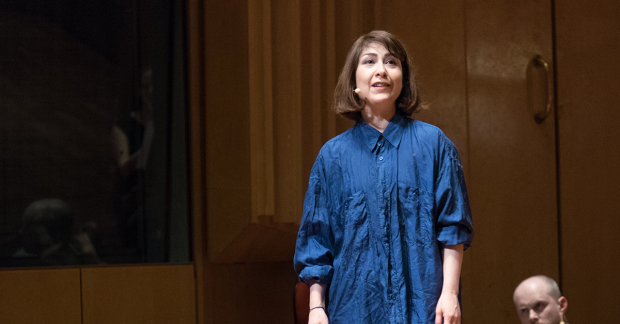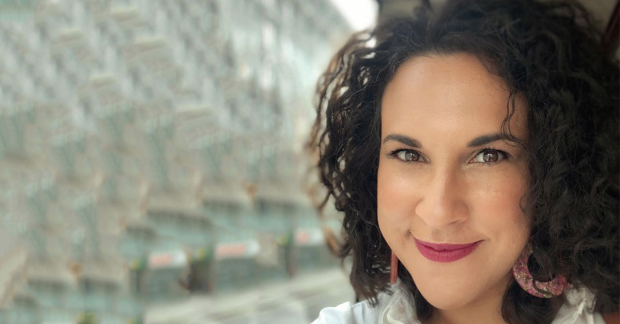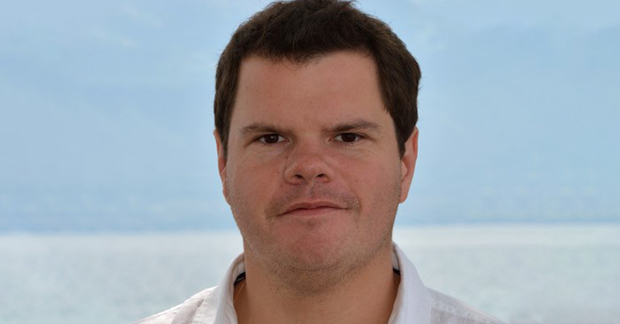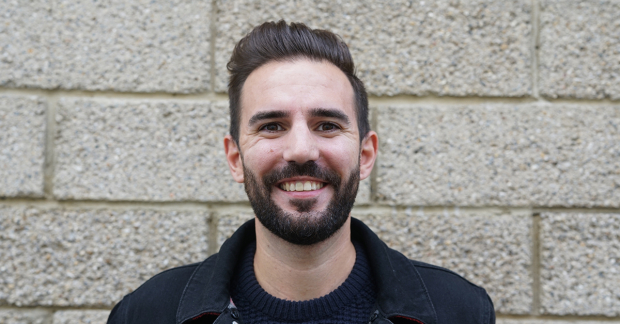Jennifer Jackson: so you want to be a movement director?

© Arne Hyckenberg
Cutting it in the theatre world is a mean feat, and as such, we're asking some industry professionals to give us tips and thoughts on how to grow careers in their chosen field. Today's interviewee is Jennifer Jackson, movement director on the Royal Exchange's on-going production of Wuthering Heights.
1) Can you introduce yourself?
Yes! My name is Jennifer Jackson, I am a movement director, theatre maker and actor. I am a Leverhulme Arts Scholar developing the dance theatre piece Thank Heaven for Little Grrrls, and movement directed Wutherings Height at The Royal Exchange.
2) When did you know that you wanted to be a movement director?
This one is weird for me as I didn't start out as a movement director. I trained at East 15 Acting School and was in a lot of devising rooms as a jobbing actor with dance/physical skills. I have always had an affinity with movement work and so carried on doing lots of training in between jobs. This led to me being asked to consult on the shows of some close collaborators. Which then led to being asked to movement direct. I kept being asked back to do more, but didn't call myself a "Movement Director" for a couple of years, actually.
3) What was first project you worked on?
I suppose the first official show I worked on was Debris by Dennis Kelly, which was directed by Abigail Graham at Southwark Playhouse. It was a hugely physical piece and required a lot of risk. It was really exciting to work so closely with a director and actors to realise the physical vocabulary and world of the play.
4) Who helped you during the early part of your career?
Abigail Graham giving me my first production was a big vote of confidence in my skills as a creative artist. The writer, Eve Leigh has also been instrumental in my evolving career. It was on one of her shows that I worked for the first time with Roy Alexander Weise, who was announced as the JMK winner during our tech period and ended up asking me to do The Mountaintop at The Young Vic. We all worked so hard on that piece – it was an urgent labour of love, and looking back was the show that raised my profile. It was around about that time that I started to own up to being a movement director. Soon after I was approached to work with Sarah Frankcom on "Our Town" who developed and opened up my craft in the way only Sarah can. I am forever indebted to Kate Sagovsky, who brought me into Paines Plough to work on Roundabout as her assistant, and whose guidance and practice have shaped what I do.
5) What advice would you give to your younger self?
Film your work!
Find other movement directors as it can be a bit lonely sometimes – try and build a network (MoveSpace & MonoBox are doing some stellar work around this).
Inclusivity should be the starting point of all delivery.
If you have an itch to make – start making! I wish I'd started sooner.
Seek out the people who are different from you. You will be richer for the different perspectives.
Work is not the be all and end all. Resting is not wasting time.
The question of how to get work has no satisfying answer. There's no car manual for a career. It's only in hindsight do you see the connections. Their journey is not your journey.
Make the work.
Some things are a matter of taste.
Borrowing from Ned Glasier and the brilliant C3, "Be Kind. Be Brave. Be Yourself".
6) What advice would you give to anyone wanting to be a movement director?
Move as much as you can. Understand how your body works and how you use it. You can do a University course, but there are other ways too (short courses/workshops). Watch. Go and see as much theatre, dance, opera, gigs, sports events as you can. Go to art galleries. Watch people interact. Ask to assist or observe other people's rooms. Ask the directors you meet about their process- you will learn loads about who they are by how they
talk about their work. Don't be afraid to ask people about rates and hours. If you don't have an agent, and need some help on a contract – You can always ask someone. In the early days, a friend put me in contact with their agent who looked over a contract for me (I had never thought to ask and it was invaluable).
7) What resources proved most valuable to you during your early career?
Training was the number one thing. At drama school, dance classes (Laban, The Place, Greenwich Dance), workshops (Living Pictures Workshops, John Wright School), and YouTube! My family, partner and close friends to sound ideas out on. Being PAID for my work.
8) What mistakes do you think are the easiest to make when starting out?
Giving in to imposter syndrome.
Not valuing your own skills and therefore underselling yourself.
Underestimating how much unpaid prep you do.
Taking every job that comes in.
Not evaluating or seeking feedback. We are always learning.
9) What would you say is the most rewarding aspect of your job?
The journey from day 1 to seeing a show fly in front of an audience.
An image that was in your imagination fully alive in the space.
Getting to move, share space and time with other humans.
Collaboration! Bryony created a collaborative rehearsal room for Wuthering Heights. There are lots of elements, music, movement, the epic story and script (by Andy Sheridan). We all have a stake in the work, we make it together. Hopefully, the end result is that you won't be able to separate the elements as they are all supporting and speaking to each other to create a world.
10) What would you like to see in future generations of movement director?
More practitioners sharing practice, a building of networks and opportunities to support and
develop each other.
A clearer industry-wide understanding and respect for what we do and how we contribute to a
production.
Movement directors receiving recognition for their artistry.














